|
With the holiday season coming up I thought it was relevant to share general advice on travelling with your pet. Some of you may decide to put your cats into kennels during your holiday. The aim of this advice is to help your pet be the most comfortable on it’s travels. This can also be relevant if you are purchasing a kitten and want it delivered throughout the UK or internationally. CarriersSize Make sure it is a suitable size for your pet. It should be big enough for your animal to stand up and turn around in without feeling cramped. It should be long enough for them to lie down in and a have a nap. Fresh Air It should provide fresh air to the animal inside and is one of the most important factors to prevent it getting to hot on it’s journey. Safety The carrier should be escape-proof and is better if it means the animal is unable to stick their paw or head out of. There are new plastic fronted carriers which are sturdy and prevent the paw injuries which can occur in general mesh fronted carriers. It is always best to use IATA approved carriers. This means they are deemed safe for use in flights. Always strap your carrier down in any transport situation. Absorbent Bedding We prefer vet bed for travel but it can be messy. The best thing on the first few hours of your journey is puppy training pads as these can easily be put into the bin and replaced if a toilet break has been required. Generally after a few hours the introduction of your pets favourite blanket or bedding can help relax your animal and encourage them to nap the journey. Litter tray on not? We use extra large carriers on our long distances. This enables us to have a litter tray and a bed side by side. This is to make sure that the cat feels comfortable to be able to go to the toilet. Access to Water and Food Bowls which clip onto the carrier are the best as this way they are unable to be stood on or knocked over. They are very cheap to buy and some even come with the carrier as standard. Your pet may not feel like eating or drinking but water is the most important offering on a journey because the stress can make your animal become dehydrated, alongside the heat. Familiarity Make sure you leave the carrier beside the animal a few weeks before the journey to ensure it has their scent and the have got used to the idea of going inside it to nap. We also offer food inside it so that the cat feels comfortable eating inside – this encourages them to eat on the journey. Toys inside also help them feel safe. GENERAL ADVICEPlan ahead. Feed well in advance Feeding animals right before travelling is not adviseable as not only will this encourage travel sickness, but the potential is greater for toileting and vomiting. Always Crate Even with a dog, they are better to be transported in crates. Animals can be distracting in a car and if there is a vehicle collision, your animal could go through the windscreen or cause a deadly injury to a passenger (yes even cats too). The force of an animal projected through a vehicle in a collision can be deadly to the animal and passengers. Heat If travelling in the car then try to ensure you go on the coolest part of the day. This will make the trip more comfortable for all involved. Stops Ensure stops are minimal and the time that your animal spends alone is minimal. Are you insured? Some car insurance policies don’t cover you for travelling with a pet unless they are carried securely. Some don’t cover you for carrying a pet at all. Check. Supplements Some pets can benefit from a special proven supplement which can help with the stress of travelling. Ask your vet about this product or contact us for advice. This product must be started in advance of your travel to ensure it has started to work. Travelling by: CARPractice Try to take your animal on short trips first to show them that it is okay to travel and they don’t need to be scared. Reward them after each trip with attention and treats. Make it a happy, enjoyable experience where possible. Secure your animal It is the law in the UK to restrain an animal and prevent them from distracting you whilst driving. For dogs, you must use a dog guard to prevent them from coming into the back seats from the boot, or an appropriate crate. DO NOT LEAVE ANIMALS IN HOT CARS even for a few minutes. It only takes a few minutes for a car to double the temperature of the outside. Take regular stops Cats and dogs prefer to drink when stationary and dogs prefer to do the toilet outside! You can also change pads and food at stops for cats. PUBLIC TRANSPORTCompliance You can usually take animals on all public transport, even dogs. Check in advance. Carriers Always take animals in carriers where possible to prevent escape or discomfort. Time of day Try to avoid busy periods as this will reduce the stress to both you and the animal. Take poo bags in case you need to do what we all wish we didn’t have to – clean up poo!! BOAT/ FERRYUsually you can pay a small fee to have your animal on a pet passport, travel on the ferry with you. You usually have to leave them in the car and may only have select times to return back to the car to check on them. If it is very hot you may decide not to travel to prevent risk to your animal as you will have to leave them in the car. The car decks can be noisy so it is worth getting a supplement for your animal before travelling to reduce stress. See above. Fresh Air Make sure the carrier is well ventilated and if possible, leave the windows of your car all slightly open. Make sure the animal can’t escape from the window! AIRAlways check with the airline for their individual requirements on your pets travel. In the UK it is not permitted to have any animals in the cabin and they must go into the hold. Some pet owners decide to drive out of the UK and fly from the EU to enable them to fly in the cabin with the owners. This applies to all our kittens. We cannot ship a cat to you in cabin unless you wish to collect from anywhere out of the UK. Additional fees may apply. Carriers must be IATA approved. COURIERSometimes it may be necessary to have a courier transport your animal for you. We always recommend fully vetting your courier before paying any deposit or in full before having them transport your kitten. There are many things you should consider when selecting a courier for your kitten. Firstly, is the animal insured to be travelling with the courier? Are they giving you a contract for the transportation of your animal? Will the animal be alone or travelling with other pets? What's the infection control process to ensure your pet is kept safe and secure from infectious diseases? Do they have secure carriers for your pet? If they are transporting a DWA animal - do they have a carrying licence for the animal? We are Defra-Approved registered carriers for the transportation of Dangerous Wild Animal cats and can carry rabies-risk/ quarantine cats. Generally, we hand-deliver all of our kittens where possible and collect any new cats ourselves with relevant paperwork for border control inspection. Passport and PaperworkYou must have a passport of equivalent paperwork for your animal you wish to travel with, import or export. Generally most animals fall into the Pet Travel Scheme set by DEFRA, the UK Government, but it is worth bearing in mind that some do not. In order to cross the border at some countries you may also require an additional licence granted by CITES. The purpose of the passport is to make sure the microchip matches the passport and vaccinations are up to date. In our case, for Savannahs, you can import and export anything to/ from the UK with no CITES required provided it's within the EU. A brief guide below:
Wild Cat Transportation, Import/ ExportWe are often asked about importing cats into the UK because they are less expensive abroad (see hidden fees below!). The same rules apply to wild cats as it does to F1 Savannahs. You must have a carrying agent transport your cat.
So, although there are cheaper cats such as £4,500 for a wild cat in europe, by the time you import the cat and pay for the quarantine it will cost you anything up to £9,000 in Scotland and £10,000 in England after all the fees. Most importantly, the cats cannot enter the quarantine until they have had a rabies injection at 12 weeks old (no earlier) and waited 21 days. The cat will arrive into quarantine at 15 weeks old and undergo the most important bonding period in isolation. The cute kitten you originally purchased, will arrive to you around 8 months old (almost adult size) and may not be approachable by you as it's new owner. It is not good for the cat or you as the new owner. Do you really want to miss out on those bottle feeds and special bonding suckles? The above is to demonstrate the substantial cost of importing these animals and why the kittens from such animals are therefore more expensive in the UK than in Europe and USA/ CA. -
|
Welcome | Welkom | Ben arrivata | Velkomst | Tervetuloa | Bienvenue | 欢迎 | Willkommen |
ようこそ!| Sveiki | Добро пожаловат | Välkomna | Velkommen | ยินดีต้อนรับ | خوش آمدید | 환영 | AuthorAll about Stylisticat, written by Kayleigh McIntosh-Lowrie Archives
February 2021
Categories
All
|
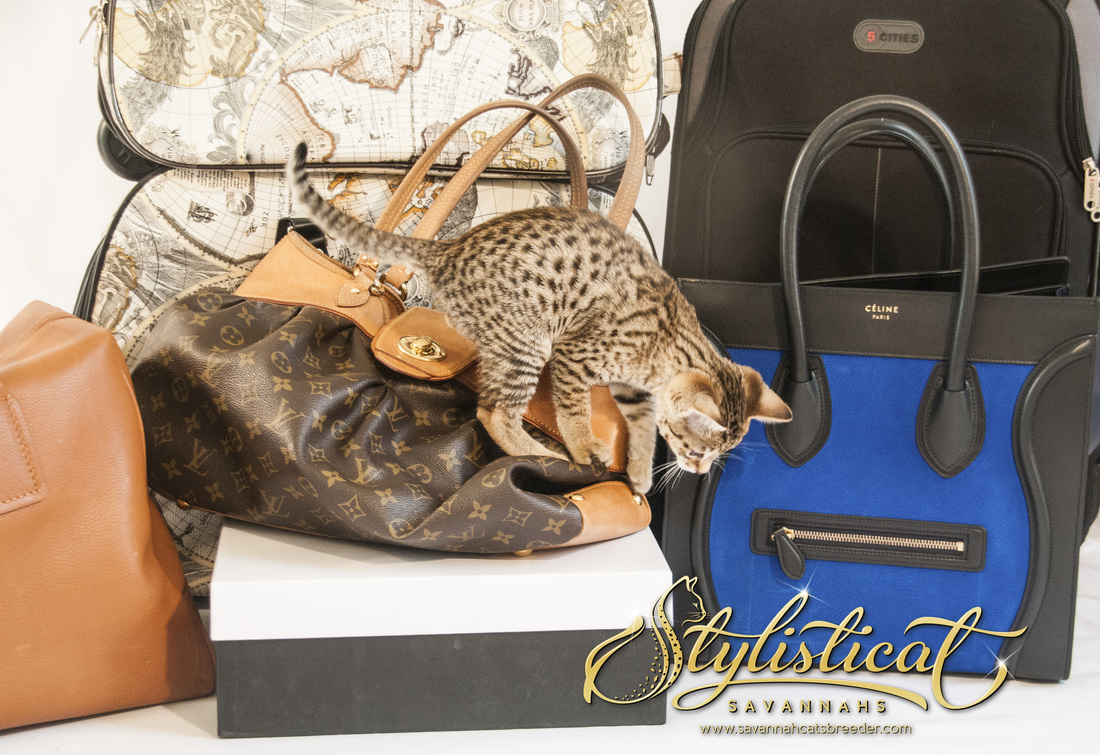
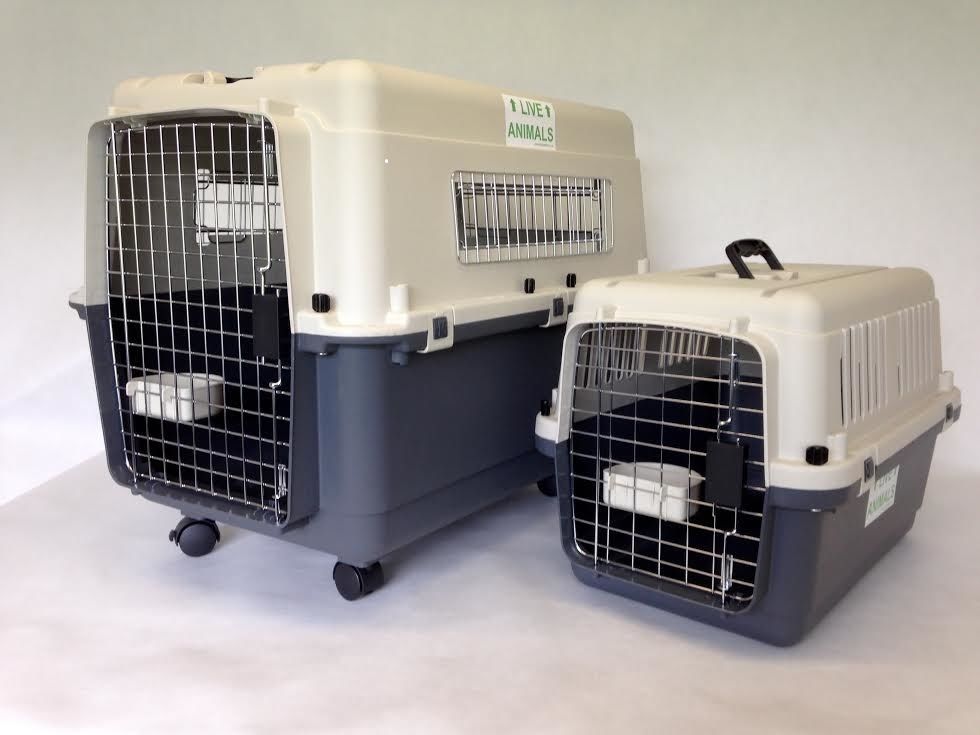
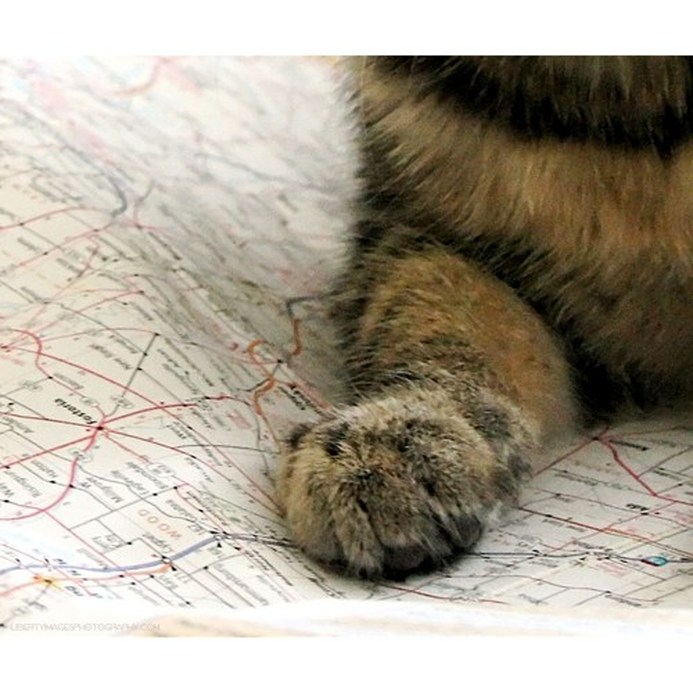
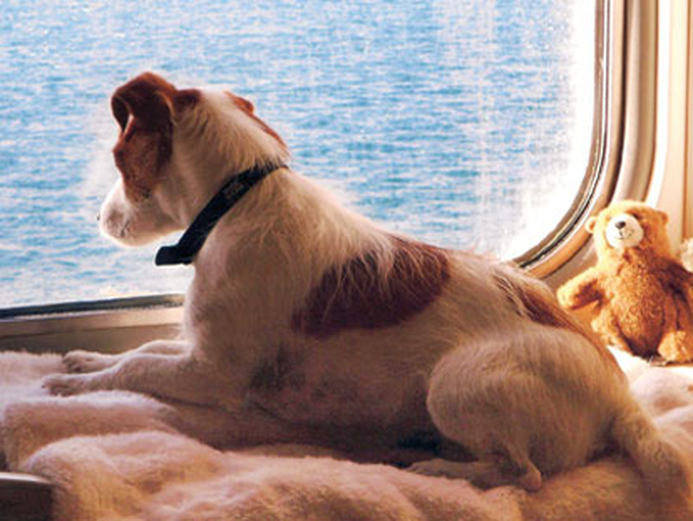
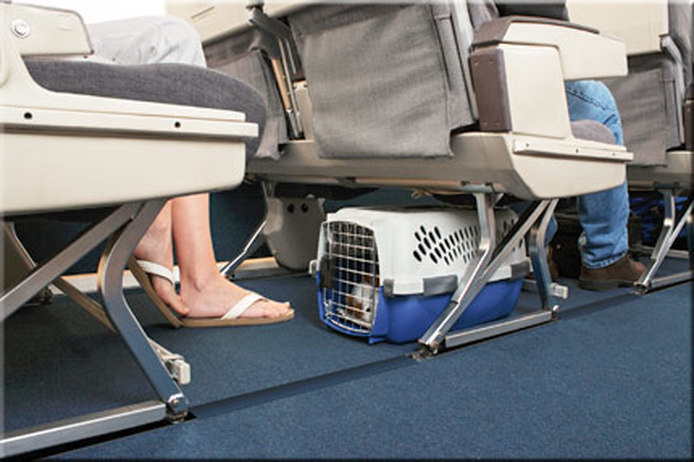
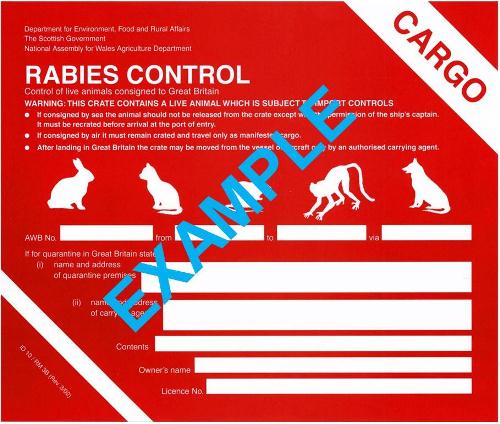
 RSS Feed
RSS Feed
